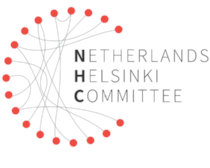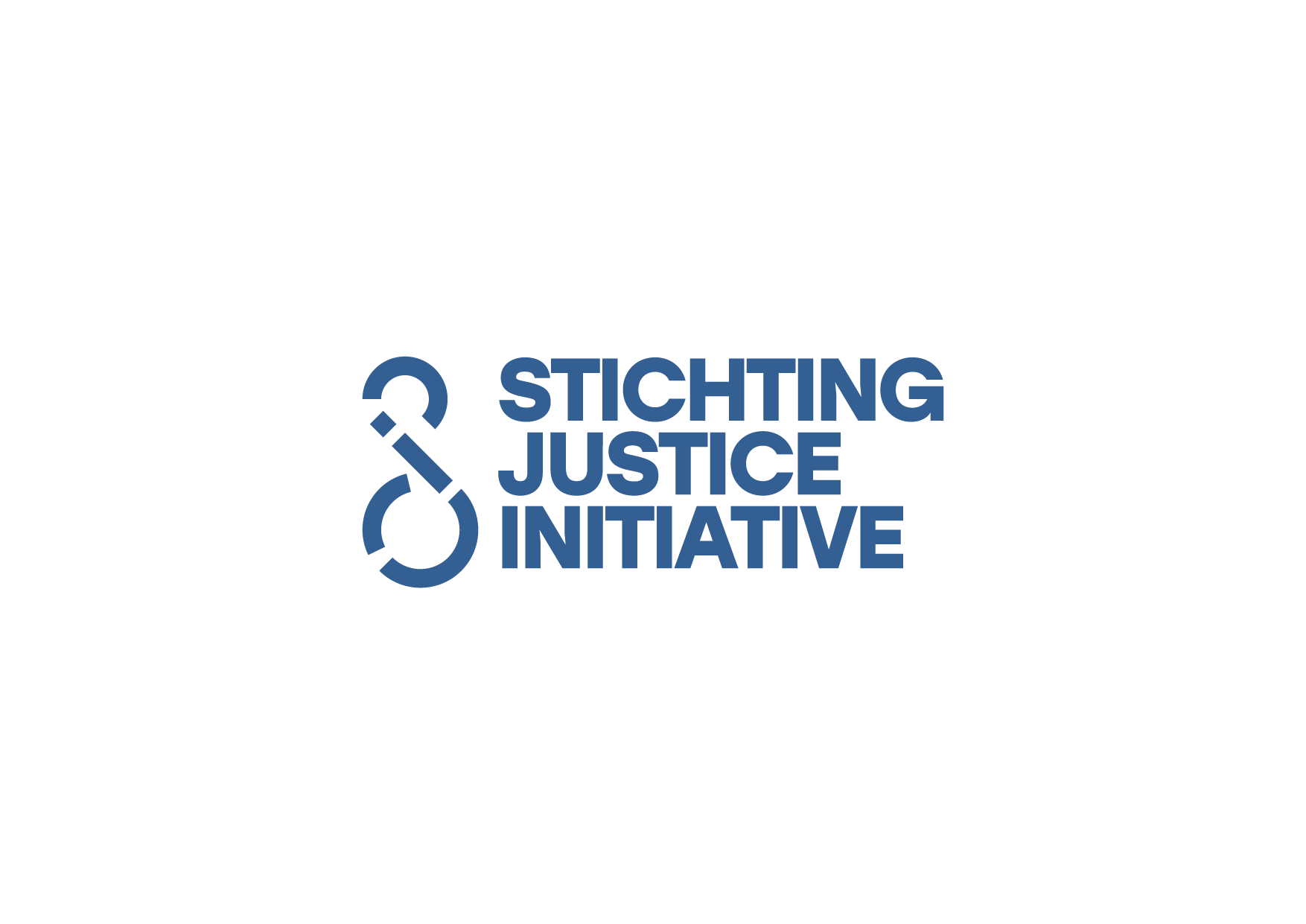Conditions of detention at the heart of the latest EIN briefing
/Chair Andrew Drzemczewski and the NGO representatives. Photo: EIN
On 5 March 2018, the European Implementation Network (EIN) convened a quarterly civil society briefing on cases of the European Court of Human Rights (ECtHR) scheduled for review at the 1310th Human Rights Meeting of the Committee of Ministers’ (CM) Deputies on 13-14 March.
This event was the first of four briefings that will be organised by EIN in 2018. The next briefings are expected to be held in May, September and November - each one approximately two weeks before the respective Human Rights Meetings of the Committee of Ministers’ Deputies.
The meeting took place at the Palais de l’Europe and was attended by representatives of over 20 delegations, including the EU delegation to the Council of Europe.
The following cases were discussed: Zorica Jovanovic v Serbia, Bragadireanu v Romania, Ciorap v the Republic of Moldova, and Kehayov v Bulgaria. Whilst the first case deals with failure to provide information as to the fate of new-born babies alleged to have died in maternity wards, the three other cases concern poor conditions of detention.
A summary of points in the form of 3-5 recommendations made by all presenters on their respective cases can be found here. Further information on the discussions held at the briefing is provided below.
Zorica Jovanovic v Serbia (Application No 21794/08)
This case concerns failure to provide information as to the fate of new-born babies alleged to have died in maternity wards. In its judgment, the ECtHR held that there had been a violation of Article 8 of the Convention – respect for family life. The Court also ordered remedial measures. Given the significant number of potential applicants, Serbian authorities had to take appropriate measures to establish a mechanism to provide individual redress to all parents in a similar situation, within one year of the judgment becoming final, on 9 September 2013.
Ana Jankovic-Jovanovic, Lawyers' Committee for Human Rights, Belgrade. Photo: EIN
In her presentation, Ms Jankovic-Jovanovic, Legal Adviser at the Lawyers' Committee for Human Rights (Belgrade), pointed out that the Republic of Serbia had not yet enacted the special law, lex specialis, which should establish a mechanism capable of investigating the “missing babies” cases upon parents’ complaints (applications). She also underlined the weaknesses of the Draft Law proposed by State Authorities – and currently withdrawn from the parliamentary procedure – which would not allow for investigations of “missing babies” cases and underlined the need to establish a “proper investigative mechanism”. The memo from the Lawyers’ Committee for Human Rights can be found here. The submissions pursuant to Rule 9.2 of the Committee of Ministers’ Rules for the Supervision of the Execution of Judgments can be found here (2016) and here (2017). The 2017 revised Action Plan from Serbia on this case is available here.
Bragadireanu v Romania group of cases (Application No 22088/04)
These cases concern inhuman and/or degrading treatment suffered by the applicants on account of overcrowding and poor material conditions in prisons and police detention facilities and the lack of an effective remedy in this regard; the inadequacy of the medical care provided to some of the applicants and several other dysfunctions regarding the protection of the prisoners' rights (violations of Article 3; and violation of Article 13 in the case of Marcu). On 25 January 2018, the Government of Romania communicated its “Timetable for the Implementation of measures 2018 – 2024 to resolve the issue of prison overcrowding and conditions of detention with a view to executing the pilot-judgment Rezmiveș and others against Romania delivered by the ECtHR on 25 April 2017”.
Ms Gheorghe, Legal Officer at the Association for the Defence of Human Rights in Romania - the Helsinki Committee, underlined in her presentation that this document had not been debated or submitted to public consultations. In addition, she highlighted the fact that financial resources to build new accommodation places in prison were not detailed, with the exception of EEA grants. Her memo identifying key problems and recommendations on detention conditions in Romanian prisons and police lock-ups can be found here. The latest action plan of the Romanian authorities submitted in January 2018 can be found here.
Ciorap v the Republic of Moldova (Application Nos 12066/02, 9190/03, 39806/05)
The Ciorap group of cases mainly concern poor conditions of detention in Prison No. 13 in Chisinau and the lack of effective domestic remedies in this respect. The ECtHR found the following main problems regarding conditions of detention in Prison No. 13: (extreme) overcrowding; unsanitary conditions / hygiene; insufficiency and low quantity of food.
On 11 January 2018, the Government of the Republic of Moldova submitted a revised Action Plan for the execution of these judgments. In respect of general measures, it mainly refers to a compensatory remedy that entered into force on 20 December 2017 (Law No 163 of 20 July 2017). The Government admitted that the overcrowding of Prison No. 13 still was a problem, as well as the “massive granting of prosecutors’ motions for pre‐trial detention”.
Nadejda Hriptievschi, Legal Resources Centre from Moldova. Photo: EIN
Nadejda Hriptievschi, Director of Programmes at the Legal Resources Centre from Moldova, focused in her presentation on material conditions of detention in Prison No. 13, as well as on the domestic remedy introduced for detention in poor conditions. She highlighted the possibility to overcome the problem of overcrowding through the application of non-custodial preventive measures, until the construction of a new prison is finished. She also called for training measures for relevant stakeholders to ensure that “the new remedy introduced to address the problem of detention in bad conditions (be) effectively applied in practice”.
The memo of Ms Hriptievschi can be found here. You can also find the Rule 9.2. communications from the Legal Resources Centre from Moldova on this case here (2016) and here (2018).
Kehayov v Bulgaria (Application Nos 41035/98 36925/10)
This group of cases concerns inhuman and degrading treatment of the applicants in penitentiary facilities between 1996 and 2016, in particular owing to overcrowding, poor sanitary and material conditions, limited possibilities for out-of-cell activities, inadequate medical care and prolonged application of a restrictive penitentiary regime, in respect of accused or convicted persons, combined with the effects of inadequate material conditions (violations of Article 3). In certain cases, the Court also found that there was no preventive remedy and that there were various shortcomings in the functioning of the domestic compensatory remedy (violations of Article 13).
Ecaterina-Georgiana Gheorghe, Association for the Defence of Human Rights in Romania, the Helsinki-Committee, and Adela Katchaounova, Bulgarian Helsinki Committee. Photo: EIN
Ms Katchaounova, Legal Programme Director at the Bulgarian Helsinki Committee, underlined that, whilst one could witness some improvement of living conditions in some prisons and prison hostels, there was still need for renovation in prisons buildings. Similarly, conditions in investigative detention facilities remained problematic, she said. As far as the legal remedy is concerned, Ms Katchaounova underlined the progress made through the 2017 Act which amended Article 3 of the Execution of Punishments and Pre-Trial Detention Act, noting however that it was too early to estimate the effectiveness of these dedicated preventive and compensatory remedies. Ms Katchaounova’s memo and the most recent Rule 9.2. submission made by the Bulgarian Helsinki Committee on this group of cases can be found here. You can also consult the 2017 Action Plan of Bulgaria on this group of cases and its addendum.








